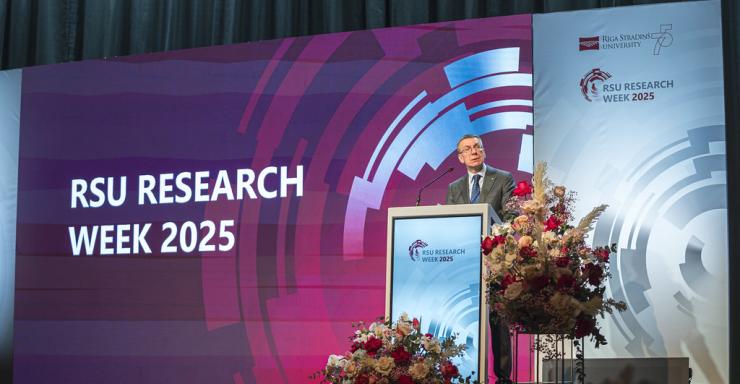In order to address the shortage of family doctors and the desire of young doctors to become family physicians in Latvia, researchers from Riga Stradiņš University (RSU) have initiated a new project under the State Research Program (SRP) "Public Health" titled "Promoting the Vitality of Family Doctors in Latvia: Challenges and Solutions." The study will last until the end of 2025, and based on the results, policy recommendations will be developed.
Currently, one of the most significant healthcare issues in Latvia is the sustainable development of the family doctor network and attracting human resources to this specialty, especially outside the major cities. Although primary healthcare is a crucial component of a high-performing health system, Latvia lacks clearly defined solutions to motivate young doctors to choose the profession of family doctor and to remain in it.
Previous scientific studies conducted in other countries indicate that the main factors that attract students to choose the family doctor specialty include continuity of care, the opportunity to build personal relationships with patients, work-life balance, the treatment of diverse medical problems, the ability to work autonomously, and manage their own practice. On the other hand, the main barriers that deter young doctors from choosing this specialty include low professional prestige, lack of challenges, lower financial rewards, bureaucracy and administrative burden, as well as the desire to see immediate therapy results, which the family doctor specialty may not always provide. At the same time, scientific studies emphasize that these factors may differ across countries, depending on socioeconomic conditions, higher education systems, and healthcare environments.
Professor Ilze Grope, Dean of the RSU Residency Department and leading researcher of the project, emphasizes: "The results of our research will be an important contribution to the development of Latvia's primary healthcare, especially in terms of attracting young doctors to the family doctor specialty. We hope that the recommendations created in the project, based on evidence and international best practices, will help create a more effective and attractive environment for young doctors, as well as promote the sustainability of primary healthcare in our country in the future."
As part of the project, a comprehensive analysis of factors influencing students' and young doctors' choices to work as family doctors in the state-funded healthcare sector will be conducted. The study will evaluate the measures implemented by the Latvian government to address this issue, as well as examine international best practice examples. Based on the findings, policy recommendations will be developed, and a budget analysis of the proposed support measures will be carried out.
The State Research Program (SRP) is a state order from the relevant ministry, implemented through research to create new knowledge, skills, and innovations, develop new products, processes, and services to solve industry problems and achieve strategic development goals, as well as support the implementation of state policy priorities by actively using research results for policy development and ensuring the visibility of research in society, strengthening the link between research and priority state policy areas.
The goal of the "Public Health" program is to generate new knowledge and solutions for disease prevention, improving the quality and accessibility of healthcare, and strengthening the efficiency and resilience of the healthcare system.


